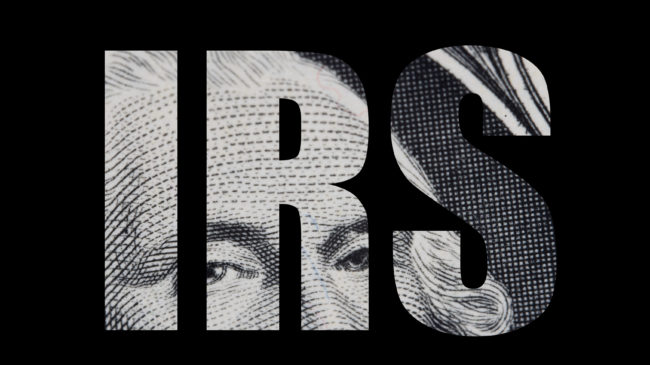No. 19-930
In The Supreme Court of the United StatesCIC Services, Llc, Petitioner,
v.
Internal Revenue Service; Department of Treasury; United States of America, Respondents.
On Writ Of Certiorari To The United States Court Of Appeals for the Sixth Circuit
Brief of National Federation Of Independent Business Small Business Legal Center, Global Business Alliance,
Silicon Valley Tax Directors Group, Information Technology Industry Council, National Foreign Trade
Council, Cato Institute, and Reason Foundation
As Amici Curiae In Support of the Petitioner
Summary of Argument
Congress has consistently limited the Anti-Injunction Act (AIA) to apply only to Internal Revenue Service (IRS) “assessment” and “collection” actions. Those steps in the taxation process occur well after Treasury and the IRS engage in rulemaking or otherwise issue guidance with the force and effect of law (collectively, “rulemaking”).
On its face, the AIA does not apply to block pre-enforcement suits under the Administrative Procedure Act (“APA”), 5 U.S.C. §§ 701-706, that seek to challenge the validity of a rulemaking. In this case, the Court faces the question of how to balance the strictures of the AIA, on the one hand, with the Congressional mandate for thorough review of agency action, on the other. Though often overlooked, the thirteen enumerated exceptions in the first phrase of the AIA are useful guideposts in this analysis. Those exceptions support the conclusion that the AIA is now, and has always been, narrowly focused on suits that restrain assessment or collection. With the context provided by these exceptions, the AIA looks less like a statute that pre-empts all suits affecting taxation and more like one that can exist comfortably alongside the APA and challenges to the validity of agency rulemaking. This is because each of the AIA’s explicit exceptions considers a situation in which the IRS has targeted a particular taxpayer and taken specific action to assess or collect tax from that taxpayer. These exceptions collectively indicate that Congress did not intend to apply the AIA to other, earlier, steps in the taxation process, such as those seeking clarity on the law before any specific enforcement action.
An overbroad application of the AIA thus contradicts plain statutory language and rests on suspect policy grounds. Worse yet, it shields all Treasury regulations from pre-enforcement judicial review under the APA—even though assessment or collection against a specific taxpayer is not at issue in a garden-variety APA suit. The instant case illustrates some of the harms that follow from that lack of pre-enforcement review. The court below applied the AIA too broadly, leaving taxpayers to “report to prison first [and to] challenge later.” CIC Servs., LLC v. IRS, 936 F.3d 501, 504 (6th Cir. 2019) (Sutton, J. concurring in the denial of rehearing en banc). A straightforward construction of the AIA highlights its proper scope and application. It also harmonizes with the APA’s strong presumption of judicial review. And it facilitates much-needed certainty in the tax law—an area that “can give no quarter to uncertainty.” Thor Power Tool Co. v. Commissioner, 439 U.S. 522, 543 (1979).
Based on the foregoing, this Court should reject an overbroad application of the AIA and clarify that the AIA does not prohibit pre-enforcement suits that challenge the validity of tax rules under the APA.
